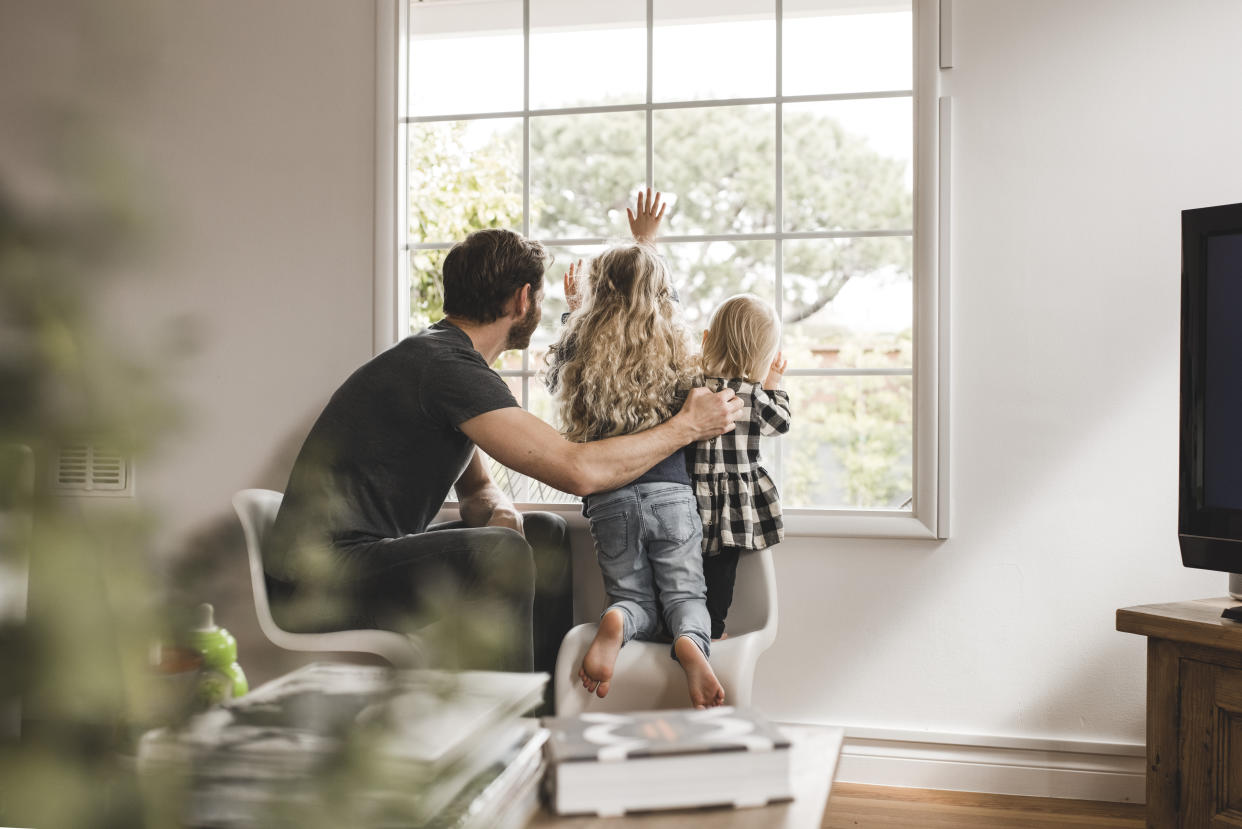Stress and anxiety over the coronavirus is decreasing, study finds

Stress and anxiety over the coronavirus outbreak has slowly decreased since the lockdown started, a study has found.
People are now less worried about either catching the virus or becoming seriously ill with it, according to UCL’s COVID-19 study.
The study - which started a month ago - looks at the mental wellbeing of 74,000 people.
It notes behaviours which include how adults feel about the lockdown, government advice, feelings of loneliness and wellbeing, and their mental health.
Read more: Why is the pandemic triggering vivid dreams?
The latest results from the study show that at least one in five people have felt “major stress” over the past week as a result of the coronavirus.
Although this still seems like a large amount of people, it is down from the week of 23 March - when lockdown started.
That week, one in three people reported feelings of major stress and anxiety because of COVID-19.
The research defines “major stress” as a level of anxiety that plagues your mind almost constantly and keeps you awake at night.
Read more: Coronavirus outbreak may have large mental health impact
There has also been some glimmers of hope in an otherwise difficult period of time.
Over the last three weeks, people have reported higher satisfaction with their lives, but only in context of the current situation. Last year - at the same time - people were more satisfied.
This research doesn’t extend to people who have diagnosed mental health issues, or people who are aged between 18 and 29. For those categories of people, it appears very little in the way of change has occurred as far as a satisfaction with life goes.
Although many of us would have seen social media posts showing busy roads or parks, the research found that 89% of people in the UK are complying to the government’s regulations.
Read more: How long might social distancing last for?
Lead author and associate professor of epidemiology, UCL epidemiology & health care, Dr Daisy Fancourt, said: “It is encouraging to see a decline in stress related to COVID-19 and anxiety in general. However, stress, anxiety and depression remain at high levels for people living alone, with a lower household income or with a diagnosed mental health condition.
“Fortunately, there is no sign that worries about money or employment have increased with longer isolation. But it remains to be seen how this evolves over the coming weeks. Worries relating to accessing food have decreased around four-fold from when lockdown began.”
After the initial period of panic buying, it seems that people are finding it less stressful to access food now than they did when lockdown started.
As time has progressed, the study suggests that the government’s plans are helping people to feel safe - given that less people are worried about contracting COVID-19 than they were while people were still able to move about freely.



